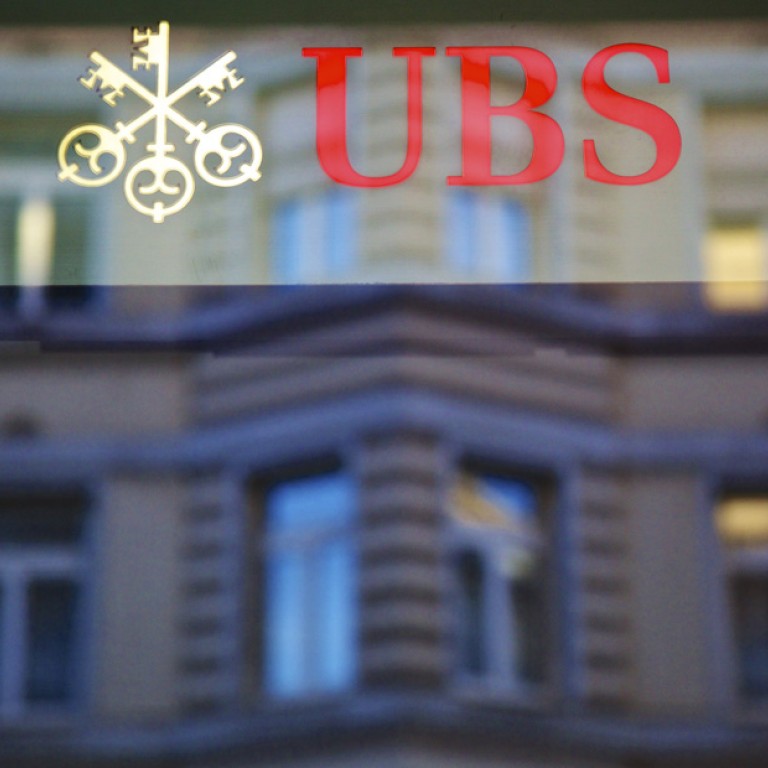
Forex rigging probe a reminder banking needs fundamental reform
Just when you think you have heard the last thing about the malfeasance of bankers, along comes another one. Some of the world's biggest banks are again being drawn into probes related to rigging rates, this time in the US$5.3 trillion-a-day forex market.
Just when you think you have heard the last thing about the malfeasance of bankers, along comes another one. Some of the world's biggest banks are again being drawn into probes related to rigging rates, this time in the US$5.3 trillion-a-day forex market.
The roll call of institutions includes UBS, Deutsche Bank, Citigroup, Barclays, HSBC, Royal Bank of Scotland, JPMorgan, Goldman Sachs and Credit Suisse. They have either launched internal investigations and/or are being probed by regulators. Many of them previously figured prominently in the scandals over the manipulation of Libor, or the London Interbank Offered Rate, a key financial benchmark for the cost of borrowing, as well as Euribor, the European Interbank Offered Rate. Regulators involved come from at least six authorities around the world - the European Commission, Switzerland's markets regulator and its competition authority, Britain's Financial Services Authority, the US Department of Justice and Hong Kong's Monetary Authority.
Currency rates are fixed at certain times of the day by pooling the prices different banks buy and sell those currencies. But as the Libor scandal has revealed, any benchmark that relies on price submissions by market players is open to abuse.
Industry insiders and critics alike have warned they are observing the same pattern as the Libor scandal: what started out as requests for information by regulators in June are threatening to spiral into a full-blown scandal. The outrage over the rigging of Libor, which affected the costs of borrowing from mortgages to personal loans, has led authorities to bring about reforms now being implemented in Britain and the European Union. It may be desirable if the same outcome is achieved by the forex probes to help restore public trust in something as close to home as the price of currencies we hold.
The global financial crisis has exposed the greed and cowboy culture of most of our leading banks and investment houses. The latest probes into currency manipulation will go towards reaffirming the need for fundamental reform of key financial institutions.
Since currency dealings are opaque, there are now suggestions to create open exchanges to enhance transparency and reduce opportunities for rigging the rates. Heads will roll as some of the banks involved have already taken remedial action. But unless they change the way their traders operate, regulators may have to step in to do their job for them.

